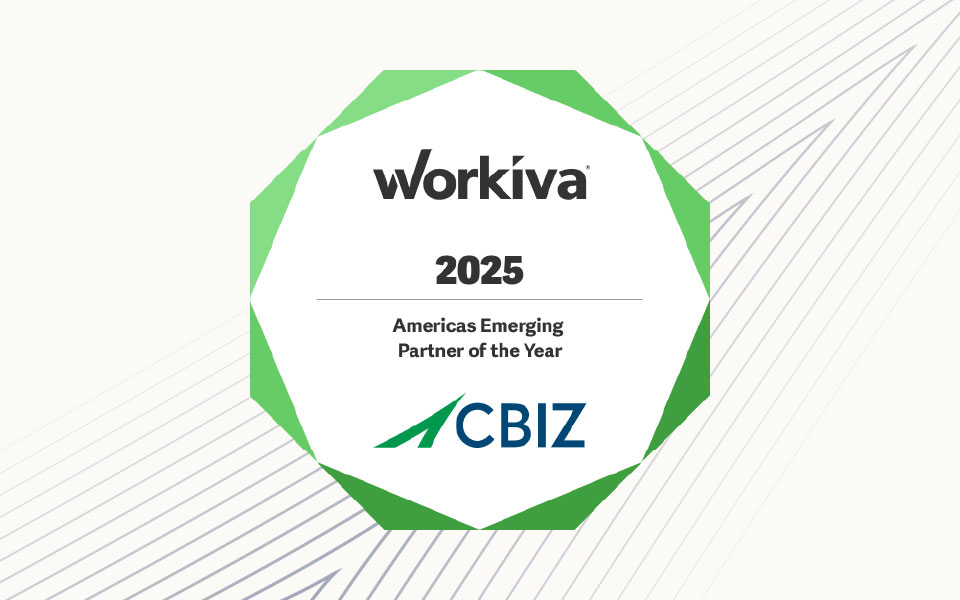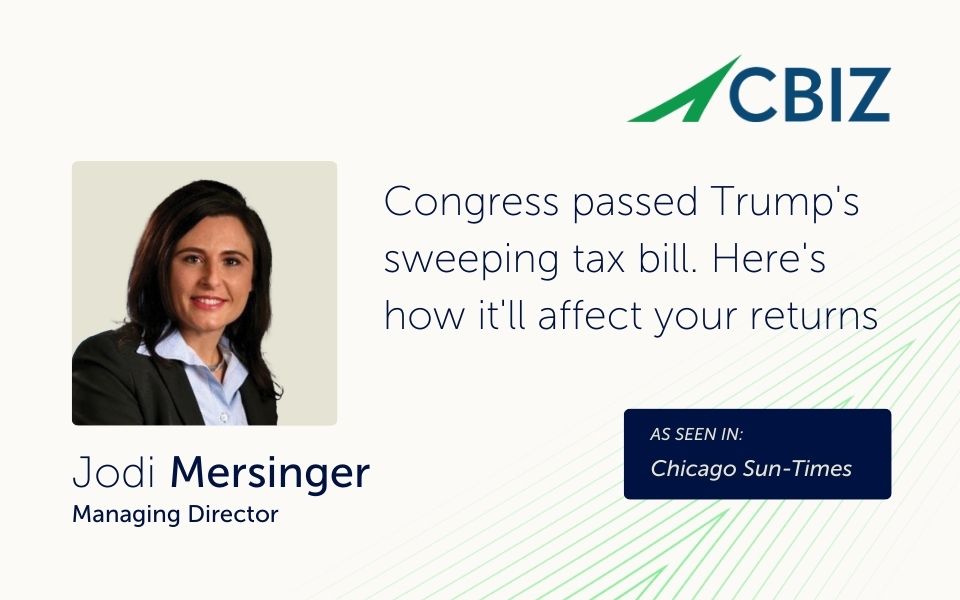The U.S. Citizens and Immigration Service has rolled out a new version of Form I-9 that offers employers more remote verification options, which, in some cases, may be used to meet the August physical examination inspection deadline.
Employers who used E-Verify during the COVID-19 flexibilities period (March 20, 2020, to July 31, 2023) and created E-Verify cases for employees whose documents were examined during that time may choose to use the new remote verification option to satisfy the physical document examination requirement. Employers who did not use E-Verify to create cases for employees whose documents were examined remotely during the COVID-19 flexibility must follow the in-person physical examination by August 30, 2023.
Alternative Procedure Guidelines for COVID Flexibility Period
Businesses should pay close attention to the alternative procedure guidelines. Most notably, Section 2 of Form I-9 should be documented to reflect the use of the alternative procedure. The date of the live video meeting must be clearly recorded, plus, this information may need to be included in the Additional Information box in certain circumstances. It is important to note that a new E-Verify case should NOT be created, as only existing cases may use the alternative procedure to meet the August deadline for document verification.
New Remote Verification Procedure
To take part in the remote examination of Form I-9 documents using the Department of Homeland Security (DHS) authorized alternative procedure, employers must meet the following requirements:
- Be enrolled in E-Verify.
- Examine and retain copies of all documents.
- Conduct a live video interaction with the employee.
- Create an E-Verify case if the employee is a new hire.
Maintain Consistent Guidelines
Businesses should create guidelines to determine when to use the remote verification option, keeping in mind that when offering remote verification at a hiring site, they must provide that option to all employees at that specific location. However, it is permissible for an employer to offer remote verification to only remote employees and conduct in-person verifications for onsite and hybrid employees. Regardless, employers cannot selectively choose whether to use remote or in-person verification based on an employee’s citizenship, immigration status, national origin, or any other protected characteristic.
What to Expect from the New Form I-9
Several changes have been made to Form I-9 to aid ease of use. Along with adjusting sections one and two to fit on a single-sided sheet of paper and offering an online fillable form, other enhancements include:
- Section 1 – Preparer/Translator Certification – moved to a separate, standalone supplement employers can provide employees when necessary.
- Section 3 – Reverification and Rehire – changed to a standalone supplement that employers can print if rehire occurs, or re-verification is required.
- Acceptable Documents Page – revised to include some acceptable receipts, guidance, and links to information on automatic extensions of employment authorization documentation.
- Instructions – reduced from fifteen pages to eight.
- New Checkbox – allows employers to indicate they examined Form I-9 documentation remotely under a Department of Homeland Security (DHS)-authorized alternative procedure rather than via physical examination.
The revised Form I-9 can be found on the U. S. Citizenship and Immigration Service (USCIS) website. Employers may continue to use the current Form I-9 (rev. 10/21/19) through October 31, 2023, but starting November 1, 2023, all employers must use the new Form I-9 (rev. 08/01/23). To ensure the correct form is used, employers should check the version date, which can be found in the bottom corner for Form I-9.
Businesses not using E-Verify but wanting to access the alternative procedure should begin the enrollment process now. Visit E-Verify.gov for more information about the enrollment process. Paper copies may also be ordered for employers who wish to use something other than an electronic version.
This publication is distributed with the understanding that CBIZ is not rendering legal, accounting or other professional advice. This information is general in nature and may be affected by changes in law or in the interpretation of such laws. The reader is advised to contact a professional prior to taking any action based upon this information. CBIZ assumes no liability whatsoever in connection with the use of this information and assumes no obligation to inform the reader of any changes in laws or other factors that could affect the information contained herein.
© Copyright CBIZ, Inc. All rights reserved. Use of the material contained herein without the express written consent of the firms is prohibited by law. This publication is distributed with the understanding that CBIZ is not rendering legal, accounting or other professional advice. The reader is advised to contact a tax professional prior to taking any action based upon this information. CBIZ assumes no liability whatsoever in connection with the use of this information and assumes no obligation to inform the reader of any changes in tax laws or other factors that could affect the information contained herein. Material contained in this publication is informational and promotional in nature and not intended to be specific financial, tax or consulting advice. Readers are advised to seek professional consultation regarding circumstances affecting their organization.
“CBIZ” is the brand name under which CBIZ CPAs P.C. and CBIZ, Inc. and its subsidiaries, including CBIZ Advisors, LLC, provide professional services. CBIZ CPAs P.C. and CBIZ, Inc. (and its subsidiaries) practice as an alternative practice structure in accordance with the AICPA Code of Professional Conduct and applicable law, regulations, and professional standards. CBIZ CPAs P.C. is a licensed independent CPA firm that provides attest services to its clients. CBIZ, Inc. and its subsidiary entities provide tax, advisory, and consulting services to their clients. CBIZ, Inc. and its subsidiary entities are not licensed CPA firms and, therefore, cannot provide attest services.















